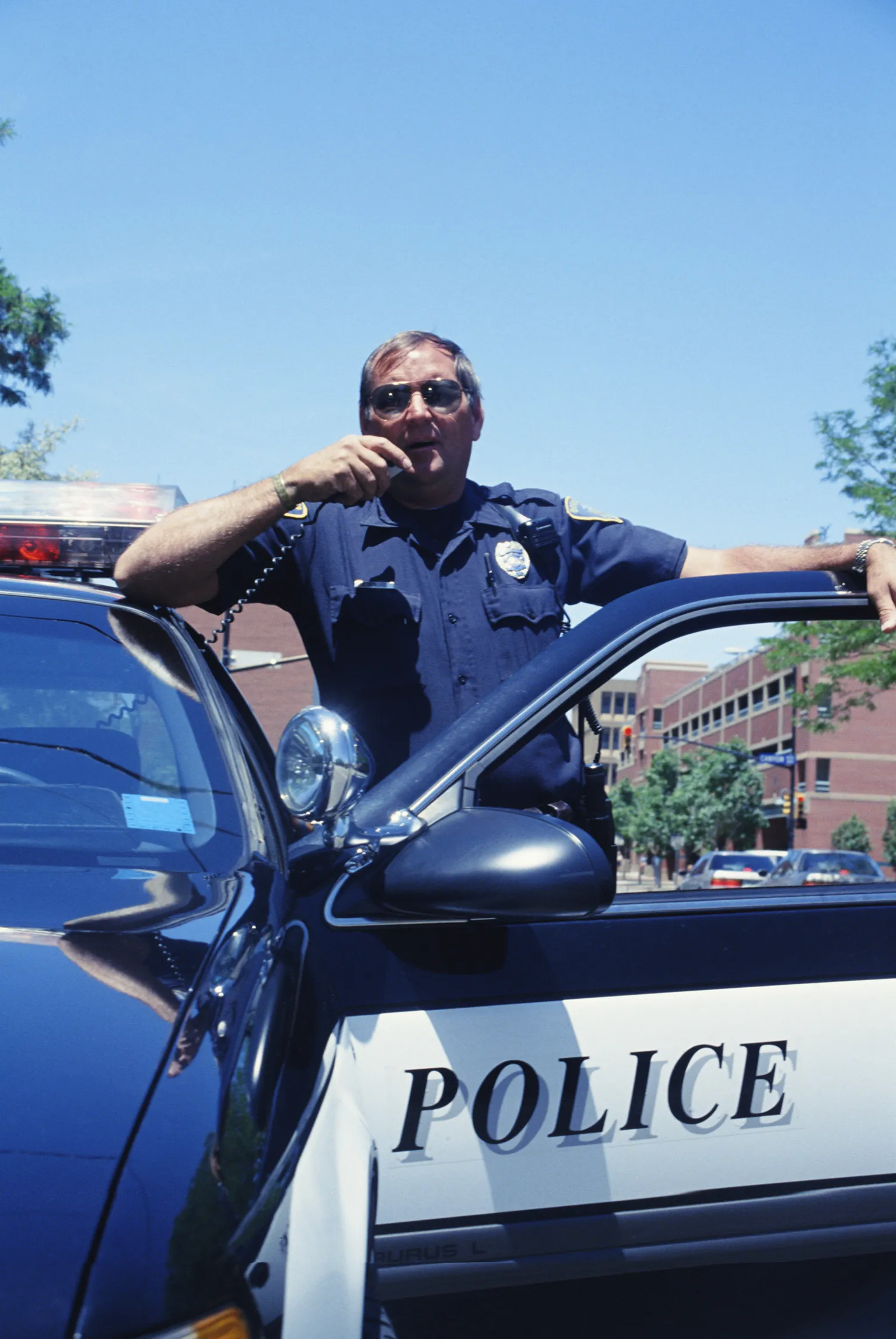 No one leaves the house in the morning expecting to get pulled over by a law enforcement officer at some point during the day or evening. Statistics dictate, however, that the longer you live and drive, the better the odds are that tomorrow will be your day to be stopped. If you consumed alcohol prior to driving, seeing the flashing lights in your rearview mirror is cause for concern. Unfortunately, this often leads to doing or saying something that makes the situation worse and /or that ensures your arrest. To help you, should you find yourself watching those lights in the rearview mirror, the Omaha DUI attorneys at Peterson Law Office explain five things NOT to do during a traffic stop.
No one leaves the house in the morning expecting to get pulled over by a law enforcement officer at some point during the day or evening. Statistics dictate, however, that the longer you live and drive, the better the odds are that tomorrow will be your day to be stopped. If you consumed alcohol prior to driving, seeing the flashing lights in your rearview mirror is cause for concern. Unfortunately, this often leads to doing or saying something that makes the situation worse and /or that ensures your arrest. To help you, should you find yourself watching those lights in the rearview mirror, the Omaha DUI attorneys at Peterson Law Office explain five things NOT to do during a traffic stop.
- Do not be disrespectful. This should apply to any traffic stop and to any contact you may have with the police; however, it is particularly important to be respectful when there is a chance the officer will turn the stop into a DUI investigation. Have your license, insurance card, and registration ready. While it is perfectly acceptable to ask the officer why you were stopped, do not do so in a confrontational manner. Try to remember that in most cases, a law enforcement officer is simply doing his/her job.
- Do not hesitate to stop. As soon as you see the lights behind you, turn on your turn signal and slow down. Pull over at the first safe place. When a motorist hesitates to stop, a law enforcement officer immediately gets edgy, assuming that the driver has done something wrong that would prompt him/her to make a run for it. Note: There is one exception to this general rule. If the vehicle attempting to stop you is an unmarked vehicle and you question whether it is a real law enforcement officer driving the vehicle, failing to stop immediately maybe warranted. That does not mean you should continue to drive as if the vehicle is not trying to effectuate a stop. Instead, slow down and look for a well-populated area where you can bring your vehicle to a stop. Shopping centers, fast food restaurants, and gas stations are usually good choices. At the same time, if you have a cell phone with you and you are able to safely dial 9-1-1, do so and explain the situation. Ask the dispatcher to verify that the vehicle behind you is, in fact, a police officer.
- Do not tell an outright lie. If you have consumed any alcohol prior to getting behind the wheel, you may not be sure how to answer if the officer asks you if you have been drinking. It’s a tough spot. Lying to a police officer is never a good idea; however, if you are blatantly honest, you can almost count on going to jail. Remember, almost every drunk driver tells the arresting officer “I only had one drink.” If you really did only have one drink, the officer is unlikely to believe you. Sometimes, you can deflect and evade by answering the question with a question. Instead of answering directly, this is your opportunity to ask the officer why he/she stopped you instead.
- Do not agree to perform the field sobriety tests. Field sobriety tests (FSTs) are intended to help an officer determine if a motorist is driving under the influence; however, the directions are difficult to remember when sober and not standing on the side of the road being scrutinized by a police officer. In addition, whether you pass or fail is a subjective decision made by the officer. It is very rare for a motorist to pass the FSTs so if there is any doubt in your mind, do not agree to perform them. The results are not admissible in court anyway, but can be used to provide probable cause for your arrest.
- Do not try to talk yourself out of a ticket or arrest. Law enforcement officers spend all day, every day. Conducting traffic stops and DUI investigations. Trying to talk your way out of a ticket or arrest is almost sure to result in additional tickets and/or charges against you. Moreover, the more you say, the more the State likely has to use against you in court. Accept the inevitable and contact an experienced DUI lawyer as soon as possible.
Contact Omaha DUI Lawyers at Petersen Law Office
If you were recently arrested and charged with driving under the influence (DUI) in Nebraska, contact a DUI lawyer at Petersen Law Office 24 hours a day at 402-513-2180 to discuss your case with an experienced DUI defense lawyer.


